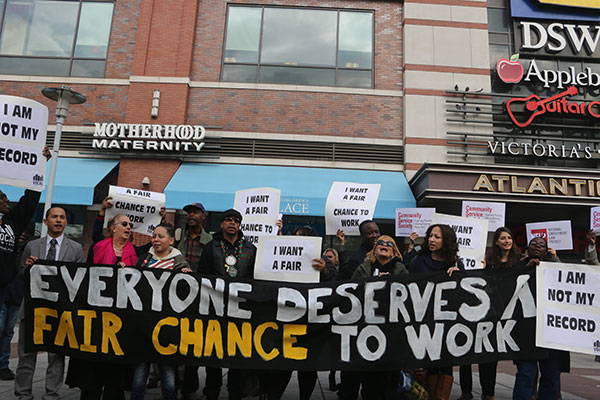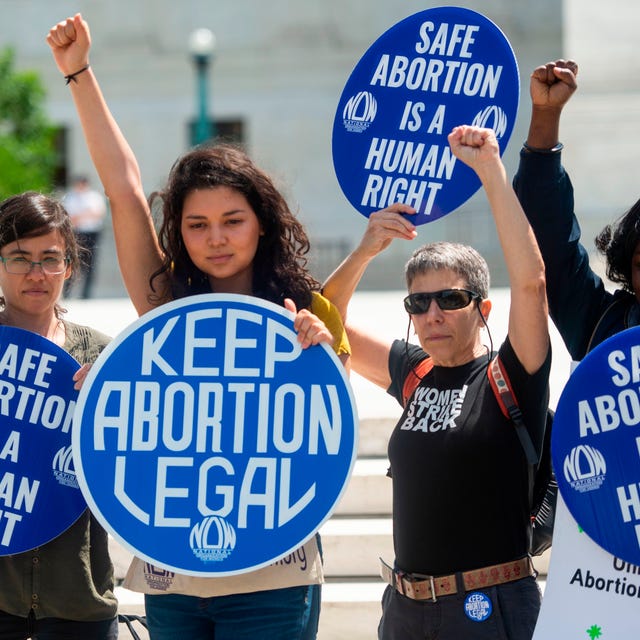
For the past two years, the Trump Administration has sought to give the impression it is dismantling large parts of the federal regulatory system. The effort is not only wrong-headed – it has largely been unsuccessful. Many of the moves to eliminate rules have been thwarted by court challenges.
Yet the administration has found another way to advance its goal of allowing rogue corporations to operate with much lower levels of oversight: it is reducing the ranks of federal employees whose job it is to enforce the regulations that remain on the books.
A recent overview by the Wall Street Journal found that staffing at the Environmental Protection Agency is down by about half since its height during President Obama’s second term. The Occupational Safety and Health Administration was said to have the fewest workplace inspectors in decades.
Fewer inspectors means fewer inspections and lower levels of penalties imposed for infractions. Last year, Public Citizen and the Corporate Research Project, using data from Violation Tracker, published a report showing how penalty levels were sinking at virtually all the key agencies. The evidence suggests that the trend is continuing.
Some of the staffing decline is due to attrition. Many regulatory agency employees have retired or resigned because they can no longer bear to work to see their mission undermined by the political appointees Trump has installed. More than 700 left the EPA in first 12 months after the administration took office.
Trumpworld is no longer depending entirely on attrition to hollow out the EPA. Now the administration is engaged in a direct attack on the remaining employees at the agency. EPA management has just informed the American Federation of Government Employees, the largest union at the EPA, that it will unilaterally impose changes in working conditions on 9,000 staffers.
The changes, which AFGE is challenging with an unfair labor practice filing, would, among other things, bar employees from telecommuting and would severely limit the amount of time rank-and-file union representatives can spend on grievances and other workplace matters. AFGE reps would also be evicted from the office space at the agency currently being used for union activity. Grievance and arbitration rights themselves would also be put in jeopardy.
The moves by EPA management appear to be an indirect way of implementing harsh policies that Trump tried to implement through executive order last year, but which were blocked by a federal judge. “In the Trump world, there is no bargaining, only ultimatums,” stated Tim Whitehouse, executive director of Public Employees for Environmental Responsibility and a former EPA enforcement attorney. “Under these rules, important safeguards against political purges within the civil service would be removed.”
Trump has received a great deal of deserved criticism for his attacks on federal prosecutors and Congressional oversight, given the corrosive effect on the rule of law. The administration’s actions against staffers at agencies such as the EPA are just as dangerous for our system of regulatory enforcement.








You must be logged in to post a comment.